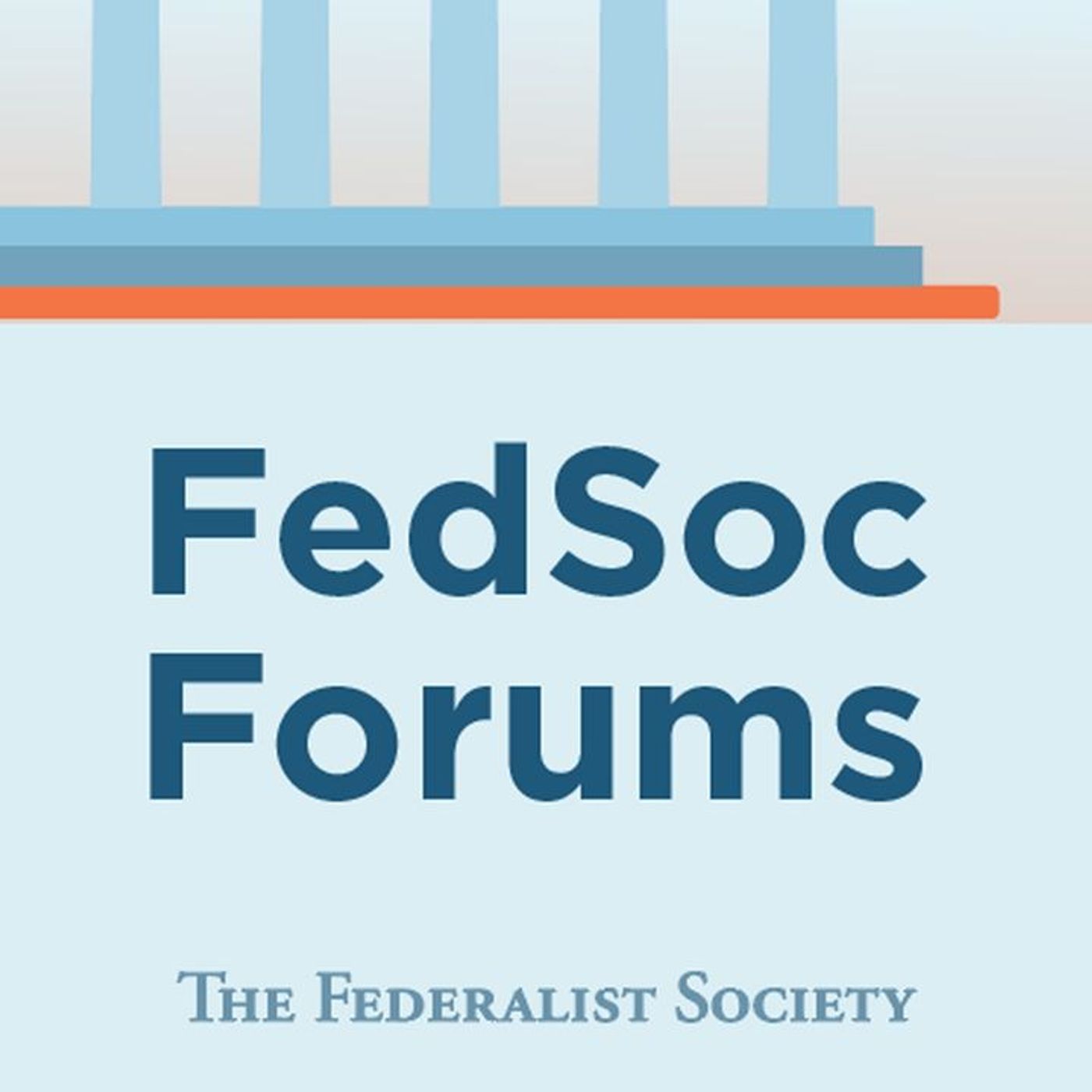Nondelegation Doctrine Adds Another Good Year?
Description
For many years, legal scholars have declared that the nondelegation doctrine is dead. Professor Cass Sunstein once quipped that the nondelegation doctrine had only "one good year" and more than 200 "bad ones." But that has changed recently. In 2024, the en banc Fifth Circuit held that the Federal Communications Commision's (FCC) Universal Service Fund is unconstitutional on nondelegation grounds. It was one of the only times since 1935 that a court has done so, and it appears that 2024 (and beyond) may turn out to be good years for the nondelegation doctrine.
Contrary to the FCC's argument, the en banc Fifth Circuit concluded that the Universal Service Fund operates as a tax, which only Congress has the power and authority to require. Regardless of the public policy that it seeks to advance, Congress cannot delegate this power to the FCC or to any other executive branch agency. The nondelegation doctrine has not been entirely dead for the last hundred years; courts often construe statutes so as not to invalidate them under the nondelegation doctrine. The en banc Fifth Circuit rejected that approach.
Does the canon in the common law of agency, mentioned by the Fifth Circuit, known as delegata potestas non potest delegari (Latin for “delegated power may not be delegated”), have any impact on the original meaning of the nondelegation doctrine? Assuming the nondelegation doctrine is valid, what are the standards that courts should look to when determining whether a statute is sufficiently intelligible? Do words like “in the public interest” or instructions for the agency to “provide reasonable regulations” provide sufficient guidance to agencies? What kind of principles can be applied that are also judicially enforceable?
If the Supreme Court affirms the Fifth Circuit, what will be the impact on other statutes? To discuss these important questions and others, Jeff Beelaert, a partner at Stein Mitchell, and Trent McCotter, a partner at Boyden Gray, will join us.
Featuring:
Jeffrey Beelaert, Partner, Stein Mitchell
Trent McCotter, Partner, Boyden Gray PLLC
Moderator: Devin Watkins, Attorney, Competitive Enterprise Institute
--
To register, click the link above.
More Episodes
In September, the Department of Justice announced that it would withdraw its 1995 bank merger guidelines and apply its 2023 merger guidelines for all industries, a move that some have interpreted as signaling stricter review of bank mergers. At the same time, Congress is considering the “Credit...
Published 11/05/24
Published 11/05/24
In 1906, Congress passed the Antiquities Act, which gives the President the authority to set aside federal land to protect "objects of historic or scientific interest." Presidents have since used the Act in increasingly broad ways, setting aside millions and millions of acres to protect broader...
Published 11/05/24


